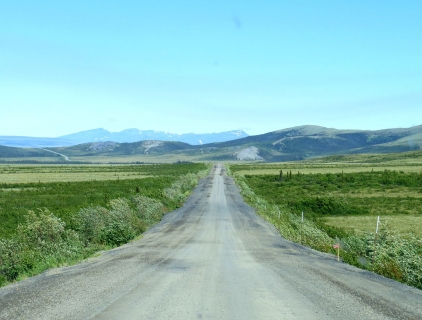Toronto Weather and Climate: A Comprehensive Guide
Toronto has a humid continental climate due to its southern location in Canada and the proximity of Lake Ontario. The city that has the mildest climate of all cities east of the Rocky Mountains.
The temperature differences between the seasons can be very large. Toronto has cold winters, where average temperatures can drop below -10°C and snowfall is very likely to be seen between November and mid-April. The city can experience heavy snowstorms. However, the winters also has milder periods.
Summers are warm, very humid and there can be a lot of precipitation. The humidity also means that summers can feel extremely hot. Spring and autumn are transitional seasons and are actually the best time to visit Toronto. It is not too hot and not too cold. Keep in mind that the weather in Toronto is very changeable and can change from day to day.
Average maximum day and minimum night temperature
In Toronto, temperatures differ significantly between summer and winter months. On average, daytime temperatures range from a comfortable 26°C in July to a very cold 1°C in February.
Nighttime temperatures can drop, with average lows reaching -7°C in February. Check out our detailed temperature page for more information.Temperature ranges by month
Precipitation and rainy days
On average, Toronto receives a reasonable amount of rain/snowfall, with an annual precipitation of 964 mm. The wettest period in Toronto occurs in April, which receives around 95 mm of precipitation. During the driest month, August, Toronto experiences moderate rainfall, totaling approximately 68 mm. The consistent precipitation levels throughout the year contribute to a relatively stable climate.The mean monthly precipitation over the year, including rain, hail and snow
Sunshine over the year
In Toronto, summer days are longer and more sunny, with daily sunshine hours peaking at 9.3 hours in July. As the darker season arrives, the brightness of the sun becomes less. December sees a soft sun for only 2.6 hours per average day. Visit our detailed sunshine hours page for more information.Monthly hours of sunshine
Daily hours of sunshine
Average humidity
The city experiences its highest humidity in September, reaching 87%. In April, the humidity drops to its lowest level at 76%. What does this mean? Read our detailed page on humidity levels for further details.
Relative humidity over the year
overcast and slight snow overcast and slight snow broken clouds and no rainForecast for Toronto
Select a Month of Interest
Check the conditions for any month of the year.
The best time of year to visit Toronto in Canada
During the months of June, July, August and September you are most likely to experience good weather with pleasant average temperatures that fall between 20°C and 26°C.Other facts from our historical weather data:
July has an average maximum temperature of 26°C and is the warmest month of the year.
The coldest month is February with an average maximum temperature of 1°C.
April tops the wettest month list with 95 mm of rainfall.
August is the driest month with 68 mm of precipitation.
July is the sunniest month with an average of 280 hours of sunshine.
No idea where to travel to this year? We have a tool that recommends destinations based on your ideal conditions. Find out where to go with our weather planner.




